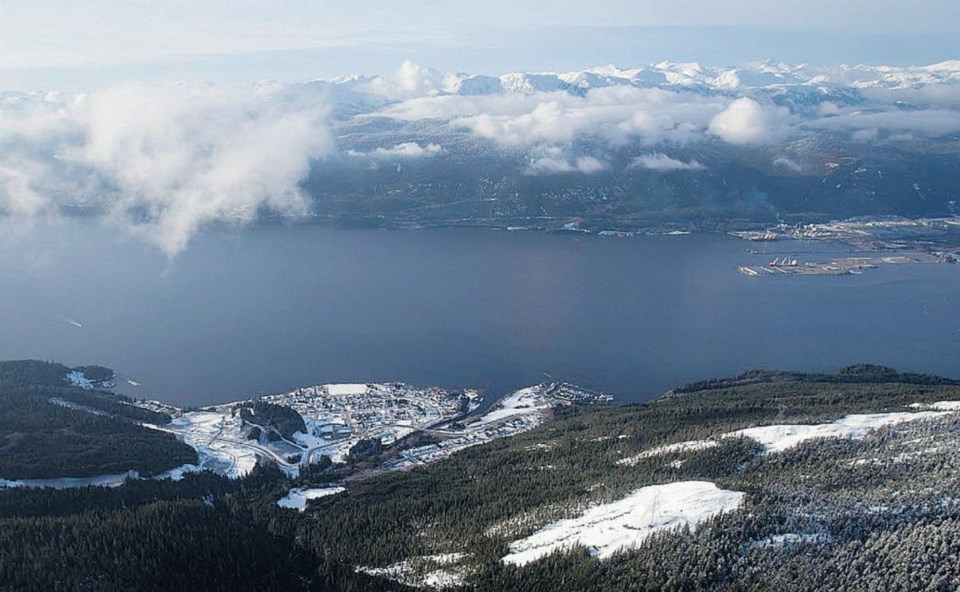The controversial Enbridge Northern Gateway oil pipeline proposal has been rejected by the province, which says company plans do not adequately address B.C.’s concerns about environmental damage.
In a final written response to the federal Joint Review Panel, the province said it cannot support the $6-billion project, as it stands, because it does not meet provincial conditions, and company plans for dealing with bitumen spills are inadequate.
“Northern Gateway has said they would provide effective spill response in all cases. However, they have presented little evidence as to how they will respond,” said Environment Minister Terry Lake.
B.C., which has intervenor status, agreed in 2010 that the federal joint review, conducted by the National Energy Board and Canadian Environmental Assessment Agency, would replace a provincial environmental assessment.
That means it is a federal decision and provincial opposition is not necessarily a game-stopper.
But Lake said he believes it is unlikely the federal government would steamroller provincial wishes.
“I don’t believe Alberta, Canada or the proponents want to force something on a province that is not in favour of it happening,” he said.
Provincial concerns could be addressed by imposing stronger conditions, he said.
“We understand that projects of this nature are important to the country and to our partners like Alberta, but we have a responsibility to protect our province and our residents.”
The pipeline would deliver diluted bitumen from Alberta’s oilsands to a port at Kitimat, where it would be loaded onto tankers for delivery to customers in Asia.
Some people assumed a B.C. Liberal election win would be more favourable to Enbridge than the NDP, which has opposed the project for more than a year.
Lake said rejection of the pipeline plan is the culmination of previously expressed concerns.
NDP Leader Adrian Dix described the Liberal opposition as a “post-election epiphany.”
“I am delighted. I am interpreting this as the government saying ‘Adrian Dix is right,’ ” he said.
It is obvious the project is not in the economic interest of B.C, but the government’s position is too-little-too-late and the Liberals must withdraw from the 2010 agreement, which eliminated provincial power, he said.
“Right now it’s just an opinion expressed by the government of B.C.”
Newly elected Green Party of B.C. MLA Andrew Weaver said it’s clearly the decision British Columbians wanted.
“It has put the ball in the federal court and said to the feds, ‘we don’t want this and don’t force it on us.’ ”
It is unlikely the federal government will go against provincial wishes, Weaver said. “I think this is the final nail in the coffin of the Enbridge pipeline.”
Janet Holder, Enbridge executive vice-president, said provincial conditions cannot be fully met until the end of the Joint Review Panel process.
“We are working hard to meet the conditions and earn the confidence of the government and the people of B.C.,” she said in an emailed statement.
Holder said she is personally committed to building a pipeline with the highest safety and environmental standards that will create new jobs and opportunities for British Columbians.
The Joint Review Panel will listen to final oral arguments next month, including a presentation from the province. its final report will be submitted by Dec. 31.



